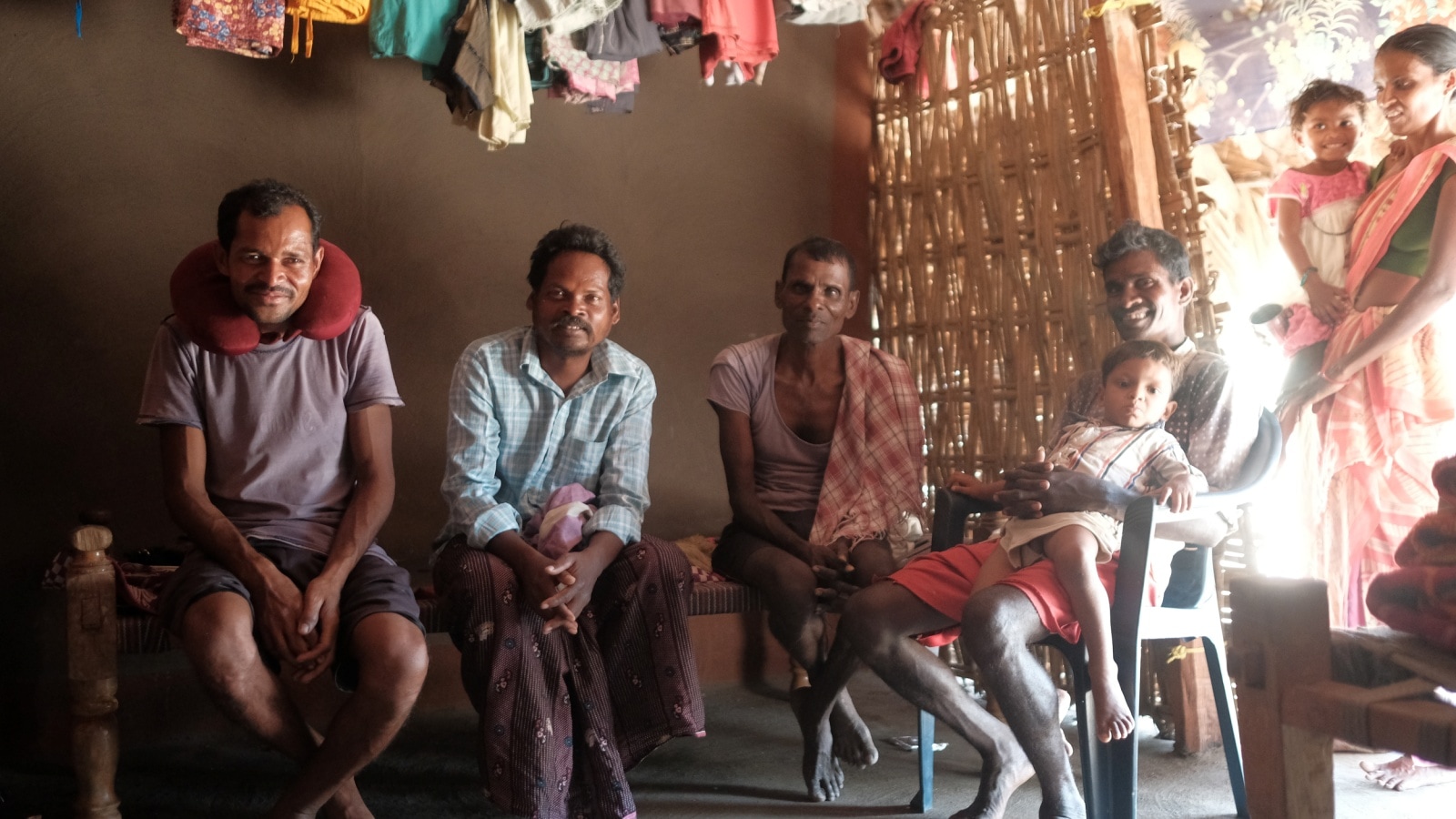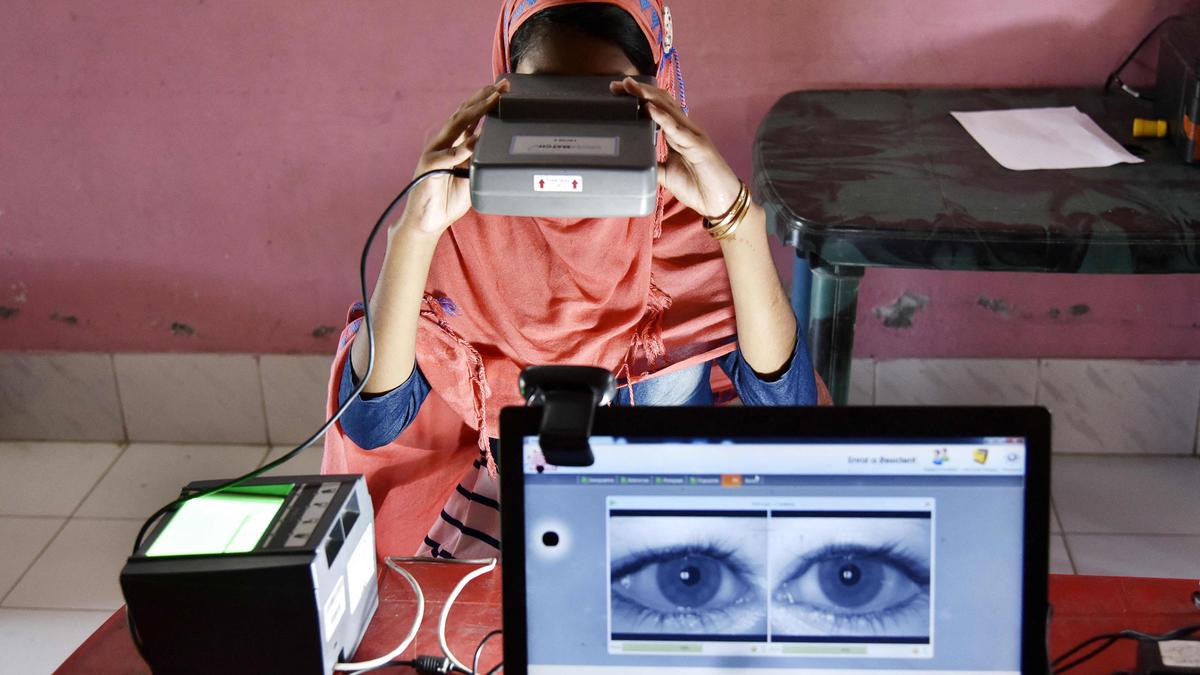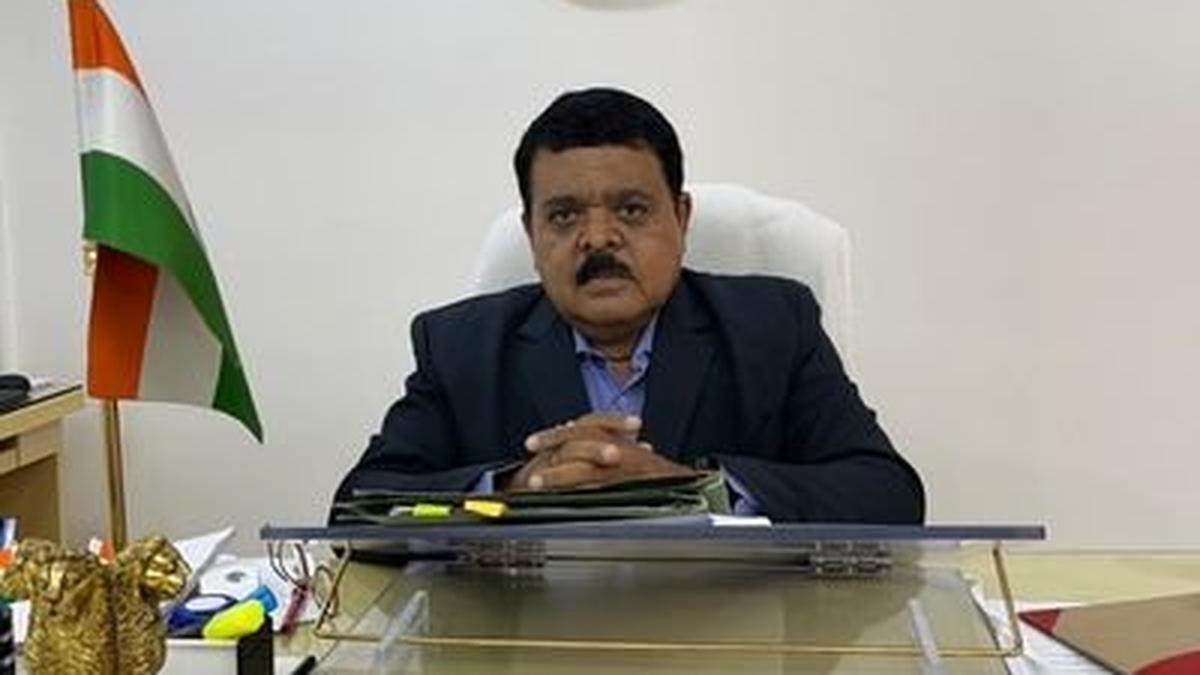A petitioner brought up numbers in education to claim that the Maratha community is “not backward” and is “economically capable” during a hearing in the Bombay High Court on a challenge to the constitutional validity of Maharashtra State Reservation for Socially and Educationally Backward Classes (SEBC) Act, 2024, which grants 10% reservation to the community in education and in government jobs in the State.
Sanjeet Shukla, who has filed a Public Interest Litigation (PIL) petition, claimed that the Maratha community is at par with the education level of other communities.

A Bench comprising Justice Ravindra V. Ghuge, Justice N. J. Jamadar, and Justice Sandeep Marne was hearing petitions challenging the constitutional validity of the SEBC Act on the grounds that the Marathas are not a backward community. The special three-judge bench of the Bombay High Court was set up on the directives of the Supreme Court to hear a bunch of pleas in this regard.
Senior counsel Pradeep Sancheti, representing the petitioner, argued in the court that “the Maratha community is not backward and is economically capable.”
The court asked him to define “capable”. He responded, saying, “Many members of the community own the permanent houses and flats, so how can they be backwards?”

The counsel presented a report, claiming that at the educational level, members of the Maratha community are at par with members of other communities.
Speaking to The Hindu, petitioner Sanjeet Shukla, also a lawyer, said, “We are focusing on three points: social, educational, and financial. In the court, we argued on the education point and presented data reflecting that the share of Marathas and open categories among students is 74% and 29%, respectively.”
The petitioner said he concluded this after comparing the details of the Shukre commission report, which found the Maratha community to be socially and educationally backward, with the State data. However, Justice Marne objected to the numbers, saying that Maratha children’s numbers may be higher in 10th grade, but numbers decrease significantly in higher education.
On the other hand, State Advocate-General Birendra Saraf argued that 28% of the State’s population is Maratha, out of which 25% are backward and economically poor.
Justice Ravindra V. Ghuge also asked about the two reservations; the government has decided which one to implement. The next hearing in the case is scheduled for October 4, 2025.



.png)
.png)
.png)
















 1 hour ago
4
1 hour ago
4








 English (US) ·
English (US) ·